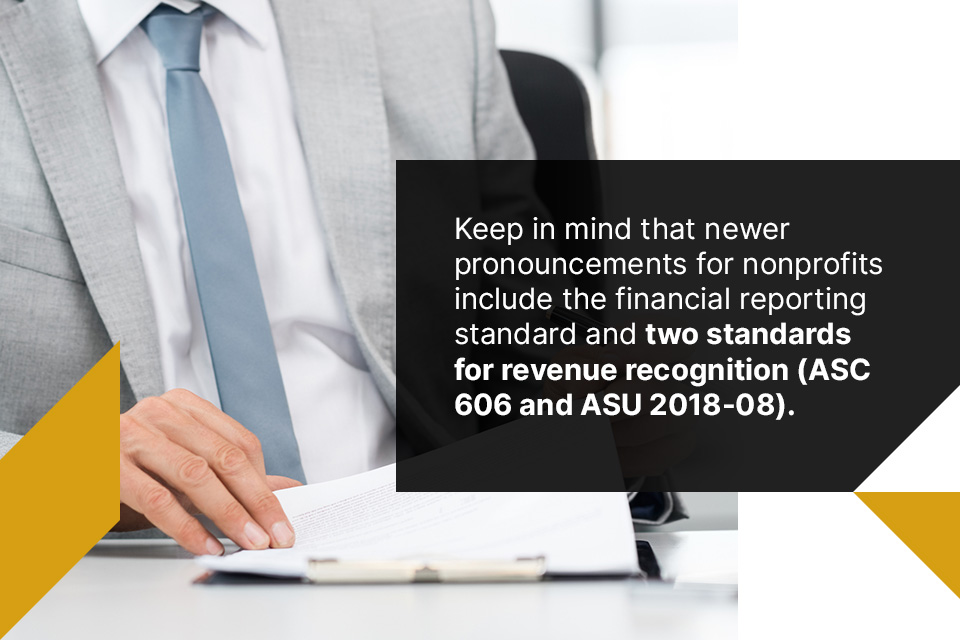What a Board Should Look for in Financial Statements

Reviewing financial statements to board of directors is a critical task board members may undertake to evaluate an organization’s compliance and budgetary status. To best identify potential risks and promote optimal financial management, it’s wise to pay attention to some key considerations. Follow these best practices for thoughtful, accurate evaluations of organizations’ financial situations.
Red Flags in Financial Statement Analysis
When an organization’s financial report to board of directors are under review, analysts should watch for a few markers of concern. Noticing potential areas for improvement can help you proactively address potential issues and manage the proper solutions promptly.
Throughout your organization’s evaluation, look out for red flag warning signs such as:
- No liquidity reserve policy: While 33% of nonprofits don’t have a strategy to navigate recession, ensuring your organization develops the resources and plans necessary to recover is critical.
- Negative cash flows from operations: Watch for negative cash flows — 50% of nonprofits have operating reserves for less than a month, and it’s vital to build up those resources.
- Internal borrowing of donor-restricted funds: Organizations should maintain sufficient financial resources to support net assets with donor restrictions.
- Negative or insufficient working capital: Among nonprofits, 7-8% have more liabilities than assets and are technically insolvent. They need to build up sufficient working capital to improve financial stability.
- Extended line of credit: Having an extended line of credit can increase financial risk, so it’s wise to address this concern strategically.
- Debt covenant violations: Organizations need to comply with debt covenant terms and avoid issues from increased collateral, interest rates or penalty payments.
What to Look for When Reviewing Financial Statements
While watching for red flags to investigate further, you’ll also want to evaluate metrics in the financial report to the board of directors that indicate the institution’s overall financial health. Knowing which issues to prioritize for examination can help you conduct a more thorough and valuable review for the organization.
As you review the financial report for the board of directors, ask these essential questions to ensure a thorough assessment.
- Has the organization’s endowment or investments recently suffered significant losses due to COVID-19 fears?
- Do the footnotes properly tell the company’s story, accurately representing financial transactions and decisions?
- Has management properly read, reviewed and taken ownership of the financials?
- Are new accounting pronouncements that apply to your company being adopted on a timely basis?
Keep in mind that newer pronouncements for nonprofits include the financial reporting standard and two standards for revenue recognition (ASC 606 and ASU 2018-08). The new lease standard will also be applicable in a couple of years.

Contact Marshall Jones for Trust Compliance and Accounting Services
Marshall Jones Certified Public Accountants And Advisors has been serving the Atlanta area for over 30 years, and we are committed to providing exceptional client support and expert services. We offer a range of tax and accounting services to help businesses and individuals manage their finances more successfully and accurately. With a highly accessible team, rapid response times and extensive industry expertise, we pride ourselves on meeting your requirements with quality solutions and support.
Whatever your financial management needs, our team is here to help you move forward. For more information on how to prepare a comprehensive financial report for a board of directors, speak with one of our representatives today.

